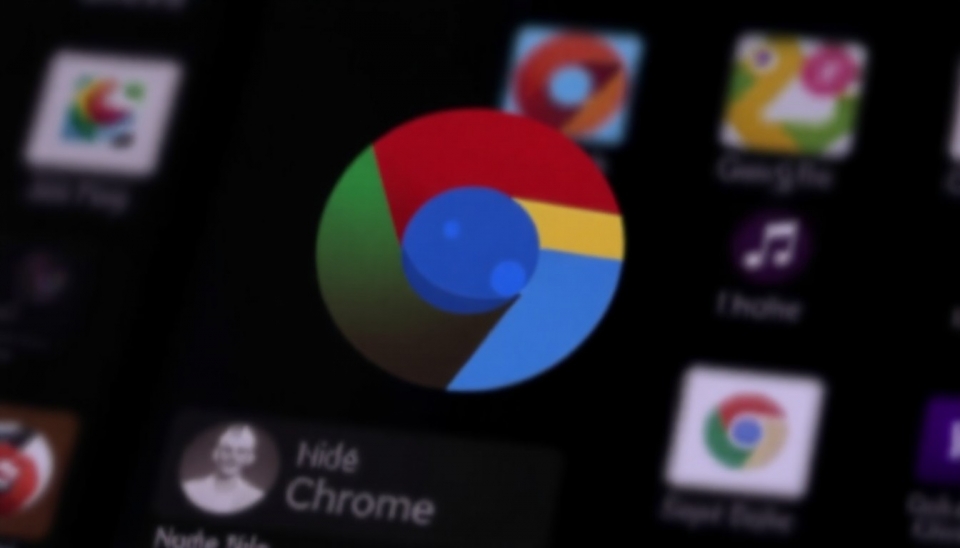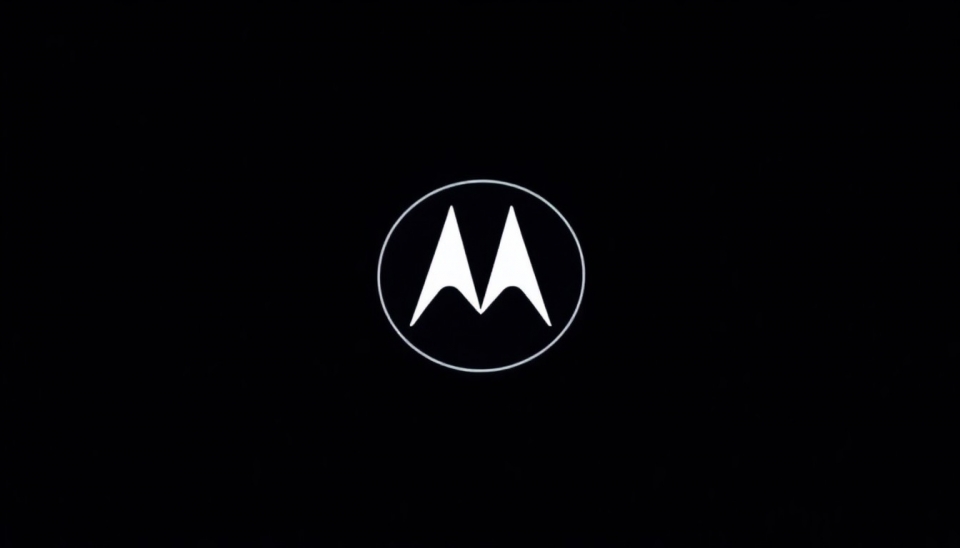
In a significant development within the ongoing scrutiny of tech giants, the U.S. Department of Justice (DOJ) is pressuring Google to consider selling off its popular web browser, Chrome, as part of a broader strategy to dismantle what officials describe as an "unfettered monopoly" over the internet search market. This move emerges from a series of antitrust investigations that have intensified in recent months, underscoring the growing concerns regarding the power exerted by major tech companies, particularly Google.
The DOJ's push for divestiture is primarily aimed at fostering competition in the search engine sector. Authorities believe that Google's dominance not only limits consumer choice but also hinders innovation among rival companies. With Chrome being tightly integrated with Google's search services, officials argue that its continued ownership perpetuates an unfair advantage, allowing Google to maintain a stranglehold on the market.
Officials from the DOJ stated, "By divesting Chrome, we can level the playing field for smaller companies and new entrants into the market." Furthermore, the DOJ has noted that Chrome garners nearly 65% of the market share in web browsers, which gives Google critical reach and influence when directing users to its own search engine over competitors.
This initiative comes in tandem with other efforts by the Justice Department to rein in Big Tech’s significantly growing influence, following multiple lawsuits against tech companies alleging anti-competitive practices. The potential divestiture of Chrome highlights the DOJ's willingness to explore aggressive regulatory measures in a bid to restore competitive conditions in the technology sector.
Industry analysts suggest that selling Chrome could be a cumbersome task for Google, which views the browser as an integral part of its overall ecosystem, connecting users to its myriad of services. Additionally, there are concerns about how such a divestiture would impact current users, as Google's integration of Chrome with other services like Gmail and YouTube offers seamless functionality.
In response to the DOJ’s recommendations, Google has expressed its commitment to fostering market competition but maintains that divesting Chrome is an unnecessary step. A spokesperson for Google remarked, “We believe our competition is strong and that we innovate continuously to provide better services for users." The company remains focused on enhancing user experience across all its platforms without disrupting existing services.
The DOJ is set to meet with various stakeholders, including technology experts, consumer advocacy groups, and representatives from competing tech firms, to discuss the implications of this potential divestiture. This dialogue aims to gather insights and perspectives on whether divesting Chrome would assist in breaking up the monopoly and creating more diverse search options for consumers.
As this story continues to unfold, stakeholders from various sectors are closely monitoring the situation, anticipating that the outcome could affect not only the tech industry but also regulatory frameworks governing competition in the digital age.
#Google #DOJ #Antitrust #Divestiture #Chrome #TechIndustry #SearchMonopoly #Regulation #Innovation
Author: Emily Collins




